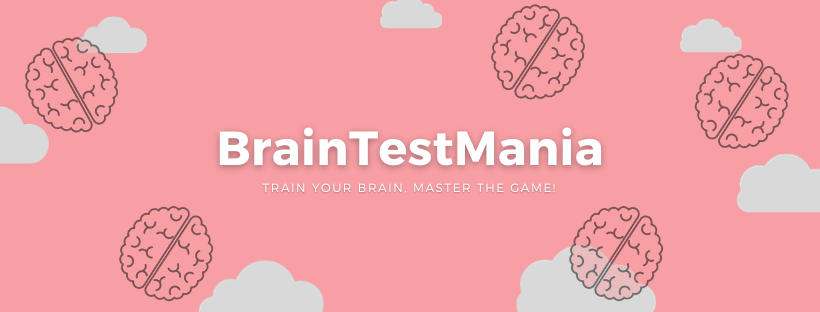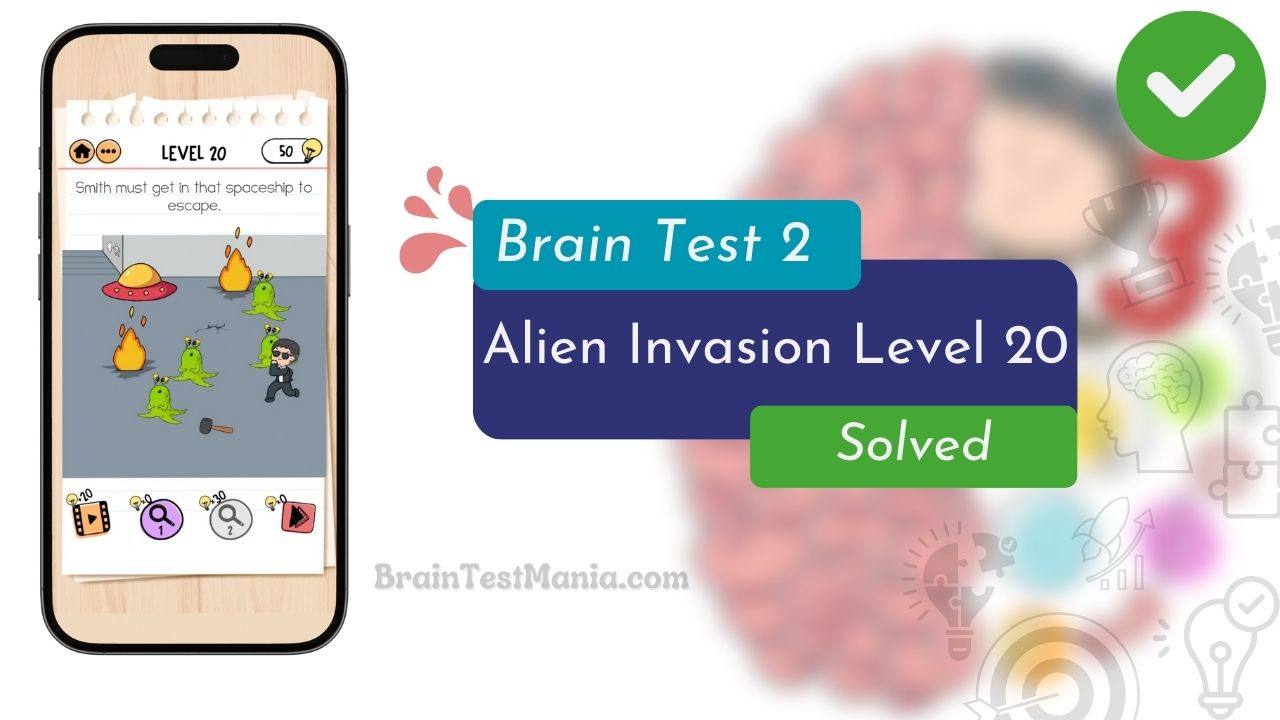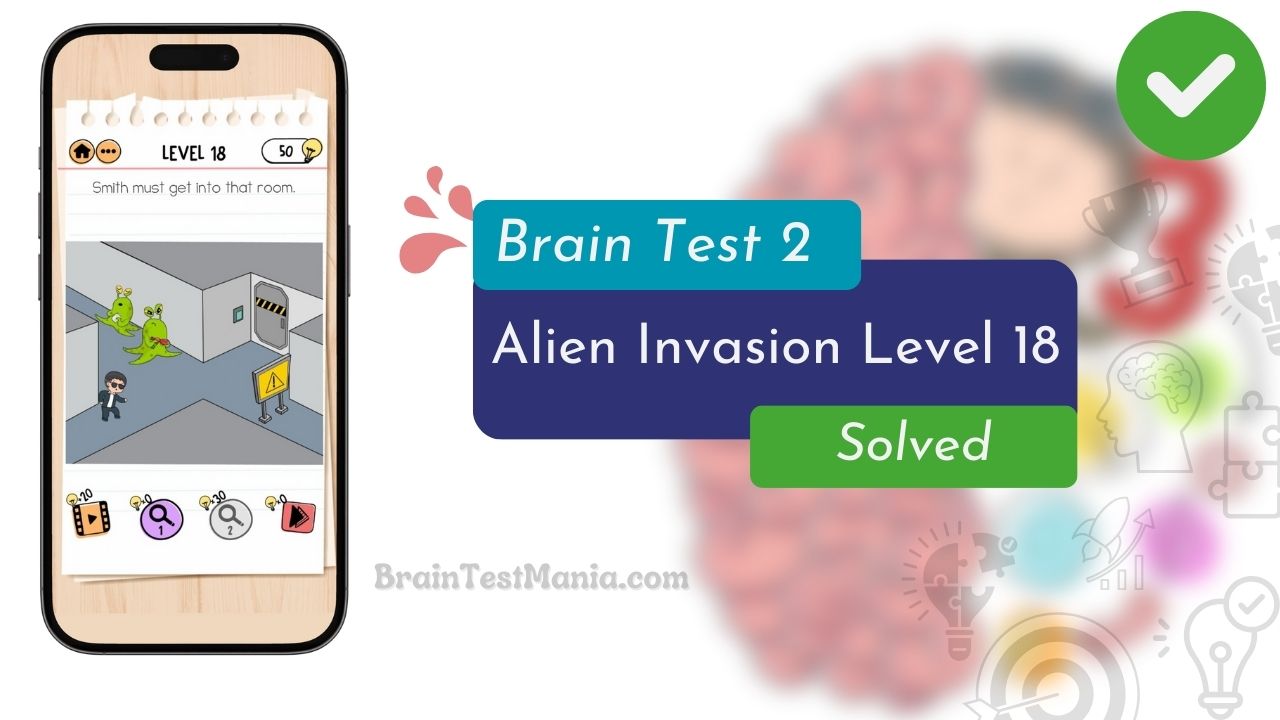Purpose
At BrainTestMania, we are committed to maintaining the highest standards of accuracy in our content, as outlined in our Fact-Checking Policy.
Ensuring Precision in Our Content
Earning and retaining the audience’s trust is crucial for any journalistic entity. This trust is built on accurate, fair, and unbiased reporting.
At BrainTestMania, we are dedicated to achieving the highest level of accuracy in our content.
Our interpretation of ‘due accuracy’ goes beyond mere correctness; it encompasses the essence and context of the information.
We consider the subject matter, the nature of the information, and our audience’s expectations in our pursuit of accuracy.
We endeavor to provide the most accurate accounts, supported by direct stakeholders, whenever possible.
We approach claims with skepticism, challenge assumptions, and question conventional wisdom.
We acknowledge that despite our best efforts, some uncertainty may remain. The rigor applied in fact-checking varies depending on the story type.
For example, the sources needed for a positive story about an NGO’s work may differ from those required for an investigative piece.
To ensure accuracy, we follow these guidelines:
- We source all our broadcasts from reliable, corroborated evidence. We attribute the stories to their original platforms if direct sources are unavailable.
- We verify claims, especially those from public authorities or individuals with agendas beyond reporting the truth. We qualify and highlight uncorroborated information.
- We stand by the accuracy of our published information and promptly update any incorrect information, informing our readers of the changes.
- We commit not deliberately to misinform or manipulate information. We acknowledge serious factual errors publicly and rectify them clearly and appropriately.
- Our website offers a “Suggest A Correction” feature for the public to report inaccuracies.
Our journalists are responsible for reporting, writing, and fact-checking news stories.
Our stories undergo rigorous scrutiny, including internal fact-checking and editor review. The seniority of editors reviewing stories varies based on complexity, sensitivity, and time constraints.
In allegations, we reach out to all relevant parties, verify information independently, and strive for accuracy.
Sourcing Information for Our Content
We adhere to these sourcing guidelines:
- We verify information with at least two sources.
- For single-source information, we ensure source credibility through corroboration.
- We seek documentary evidence in addition to human sources.
- For surveys, we detail the collection and interpretation of data, communicating any potential inaccuracies promptly.
- We prioritize accuracy over speed in publishing.
- We clarify expectations with sources regarding information status (e.g., “off the record,” “on background”).
- We give individuals the right to respond to negative portrayals and explain our efforts to seek responses.
- We seek diverse sources, including those without wide public platforms.
In challenging situations, a senior resource or the head of the newsroom can be consulted for accuracy.
User-Generated Content
User-generated content requires careful handling. We do not automatically assume its accuracy and verify it based on intended use. We are cautious with information from lobby groups or individuals with vested interests. We clearly label user-generated content and follow these guidelines:
- We verify the authenticity of internet-sourced information, distinguishing between fact and rumor.
- We apply extra scrutiny to social media and internet-sourced material, qualifying and highlighting non-gathered material.
These measures ensure the highest level of accuracy and trustworthiness in our






